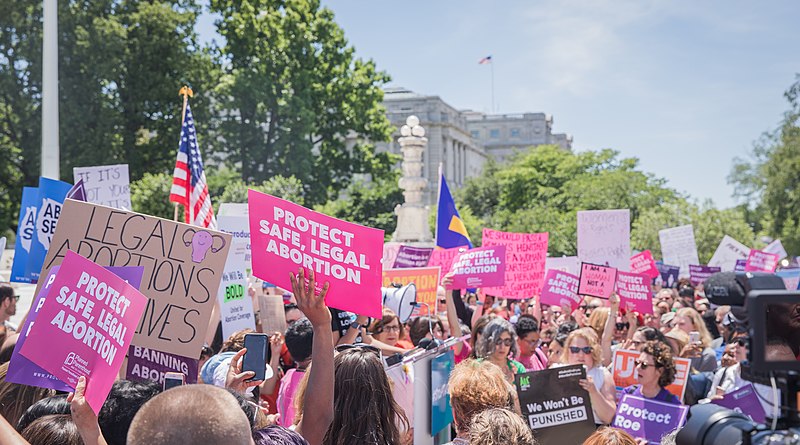On June 30, Gov. Ron DeSantis signed an abortion bill that requires a minor to obtain written parental consent and proof of identification by their parent or guardian before a physician can perform an abortion. The bill, SB 404, faced criticism for being both a direct attack on Floridians’ abortion rights and a hazard for teenagers during the current pandemic.
By not holding a press conference to notify Florida residents about the bill signing, DeSantis has been under scrutiny from both Democrats and pro-choice organizations such as Planned Parenthood.
“This type of legislation, dubbed ‘parental consent,’ is really a Trojan horse to banning abortion across the state of Florida,” Rep. Anna Eskamani, D-Orlando, remarked.
Stephanie Fraim, president and CEO of Planned Parenthood of Southwest and Central Florida, stated, “This law will put already at-risk young people in even greater danger at the worst possible time.”
However, the bill was championed by some Florida Republicans. The bill’s sponsor, Sen. Kelli Stargel, R-Lakeland, defended it as a way of strengthening family conversations around abortion.
“Parents need to know what’s going on with their kids while they’re a minor living in the house,” said Stargel.
Senate President Bill Galvano, R-Bradenton, also supported the bill in a prepared statement that briefly addressed the concern of abusive households restricting consent.
“For those who are in a situation of abuse or where parental consent is not in the child’s best interest, the bill provides a judicial waiver process that still involves the intervention of an adult,” Galvano said in his statement.
In 1989, a similar parental consent law was struck down by the Florida Supreme Court as it was said to violate the right to privacy under the Florida constitution.
However, the Florida Supreme Court has had a strong conservative majority since 2019 and many of the bill’s proponents believe that it will be upheld if challenged in court. Additionally, the Florida legislature maintains a solid conservative majority.
Under the Trump administration, various restrictive abortions bills have passed in many other southern states.
Georgia, Kentucky, Louisiana, Missouri, Mississippi, and Ohio, have passed “heartbeat bills,” which prohibit abortions after doctors can detect a fetal heartbeat, typically occurring around six to eight weeks. In 2019, Gov. Kay Ivey, R-Alabama, signed The Alabama Human Life Protection Act, which made performing an abortion in Alabama a felony.
“This legislation stands as a powerful testament to Alabamians’ deeply held belief that every life is precious and that every life is a sacred gift from God,” Ivey declared.
In the past few years, Florida has experienced a slight increase in the number of abortions, as reported by the Agency of Health Care Administration. In 2018, the number of abortion procedures performed and reported in the state was 70,083, increasing by 1,019 procedures from 2017.
Florida has a teen abortion rate higher than the national average: 15 abortions are performed for every 1,000 female teenagers. These statistics demonstrate the implications and possible consequences associated with the recent Florida abortion bill.
Featured image: Protesters at a pro-choice rally in 2019. (Unmodified photo by Senate Democrats used under a Creative Commons license. https://bit.ly/32V7w7z)





